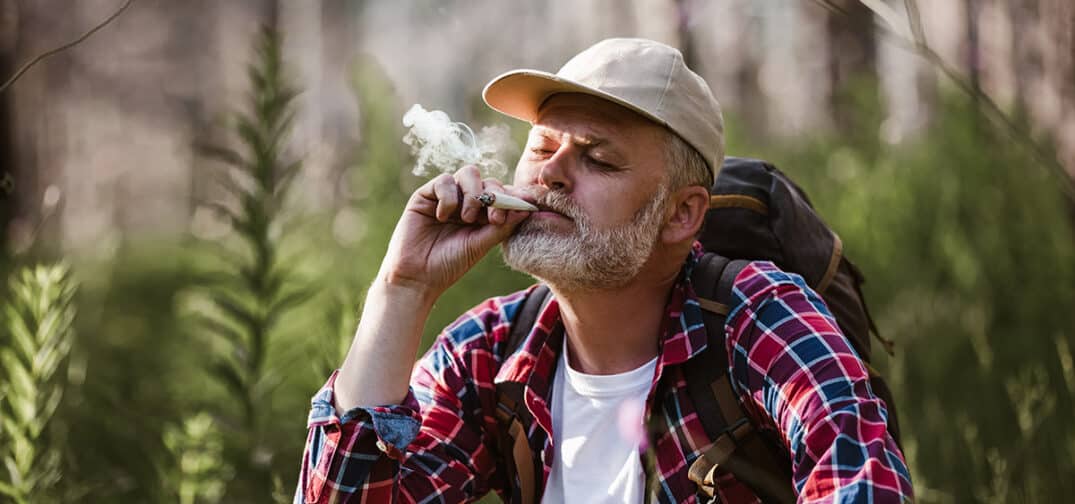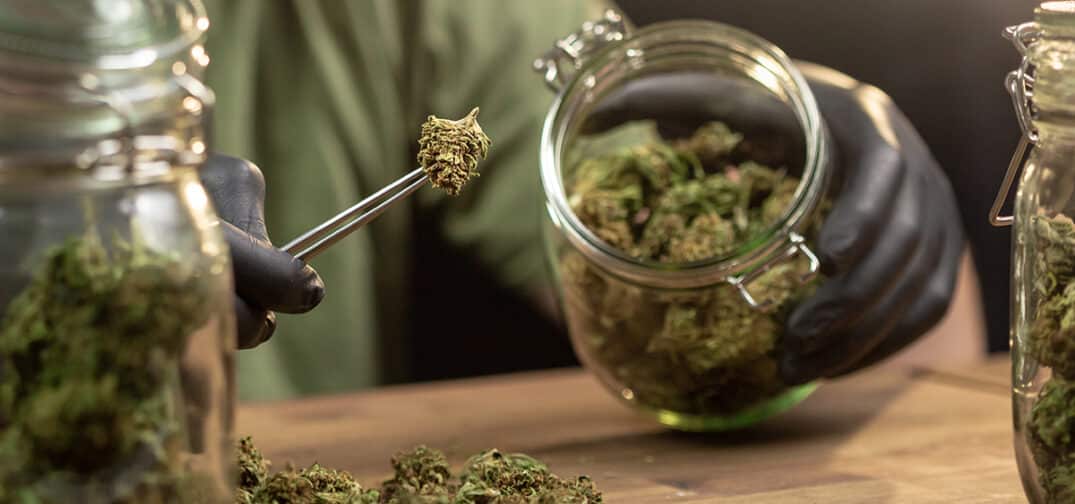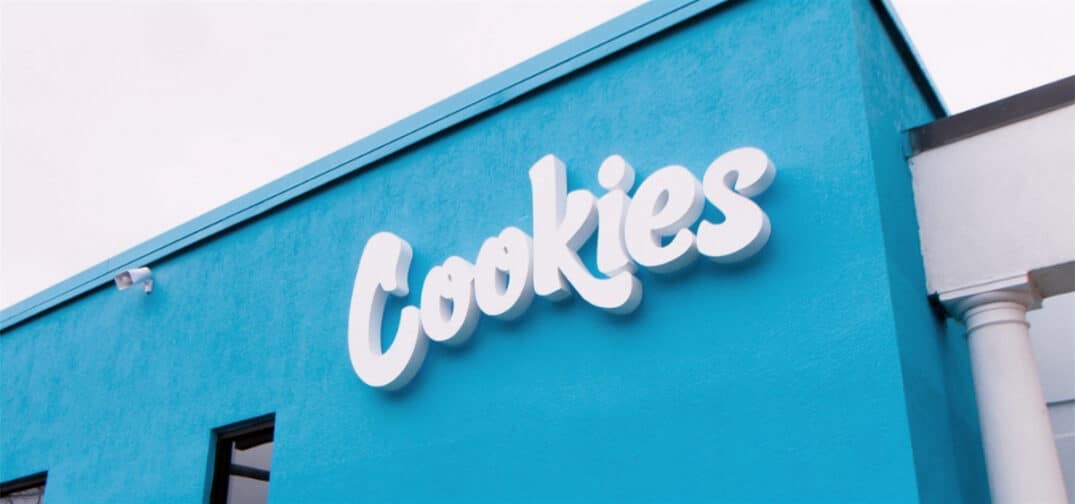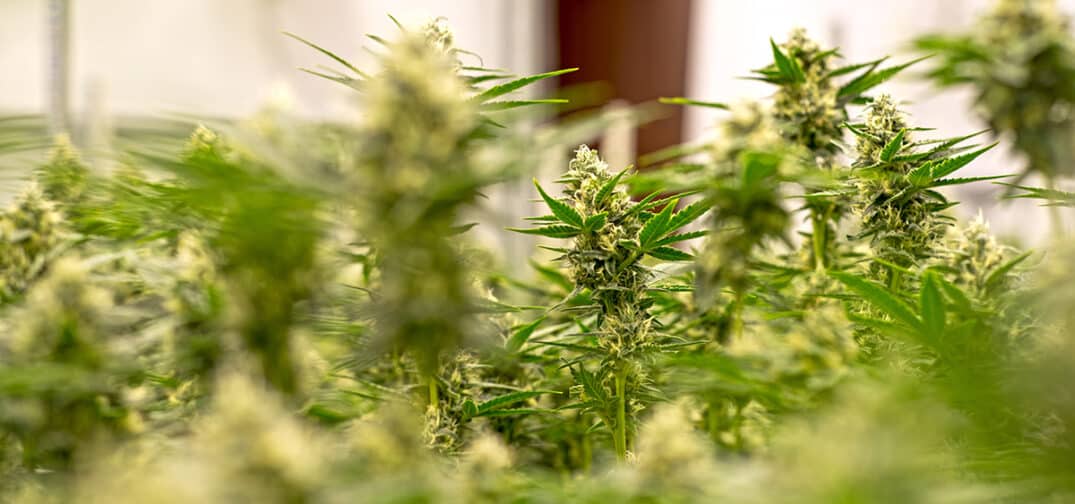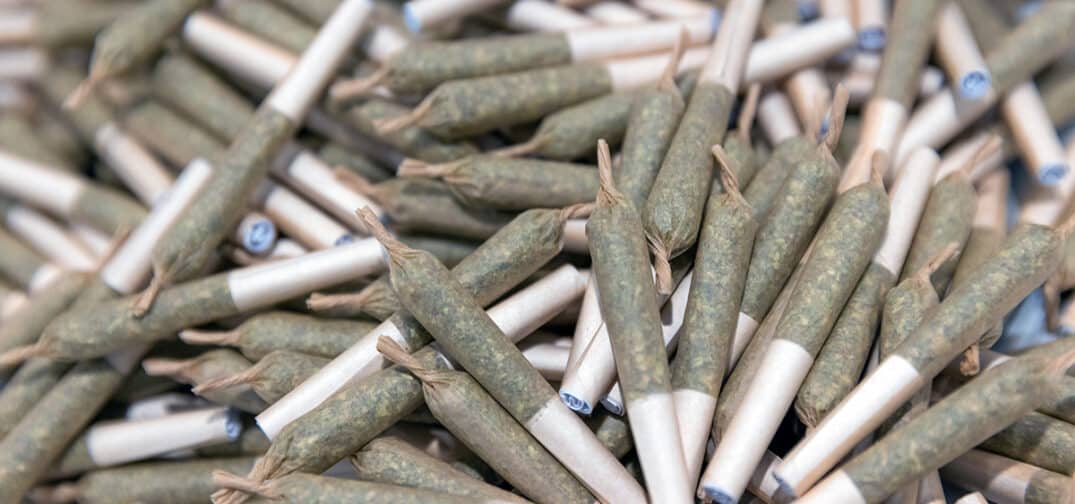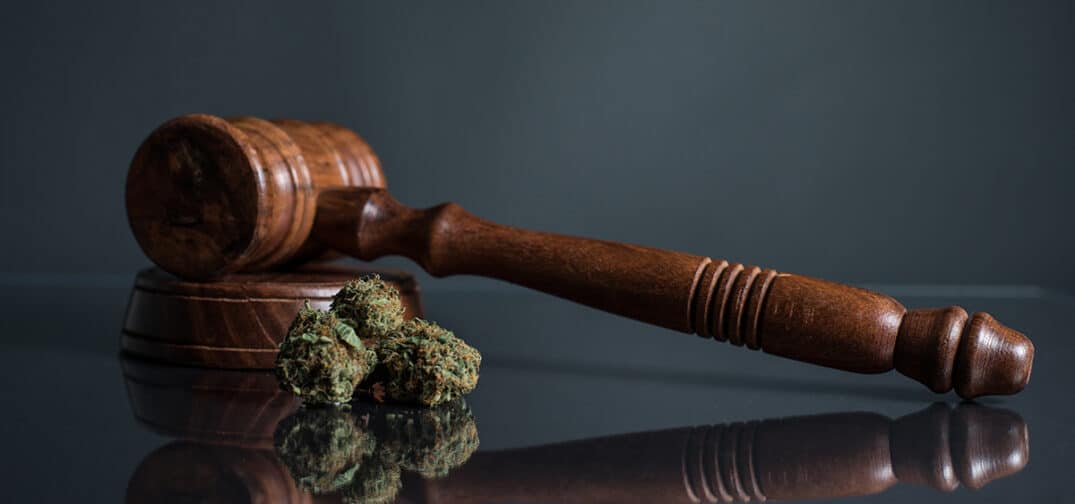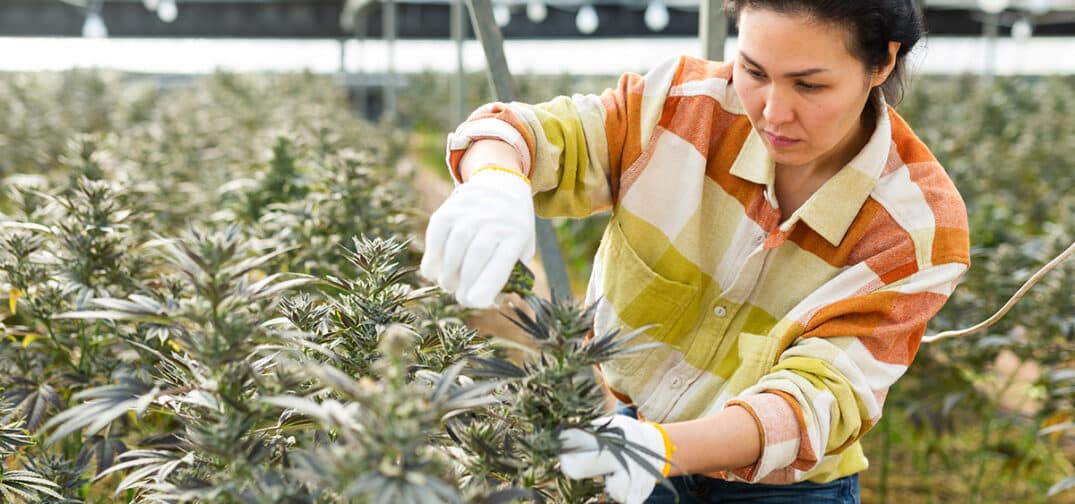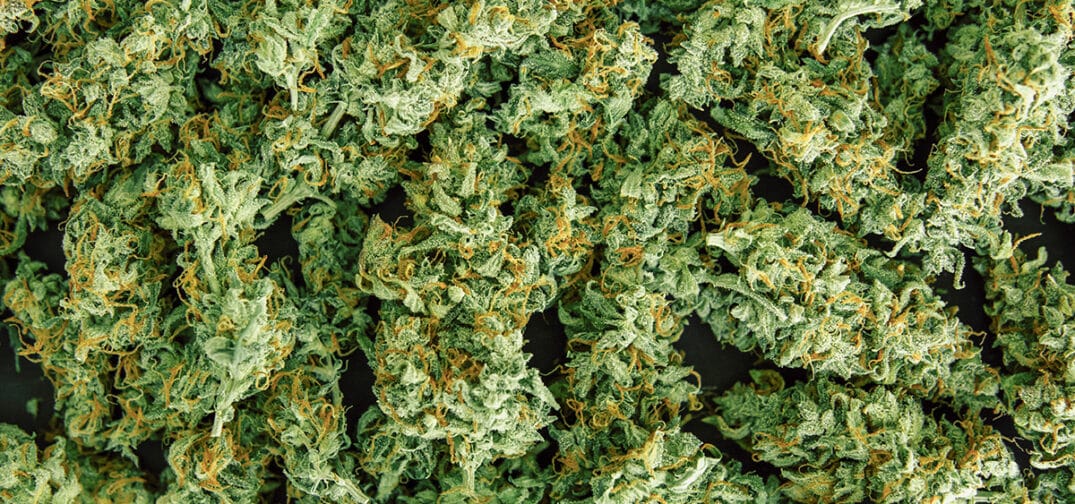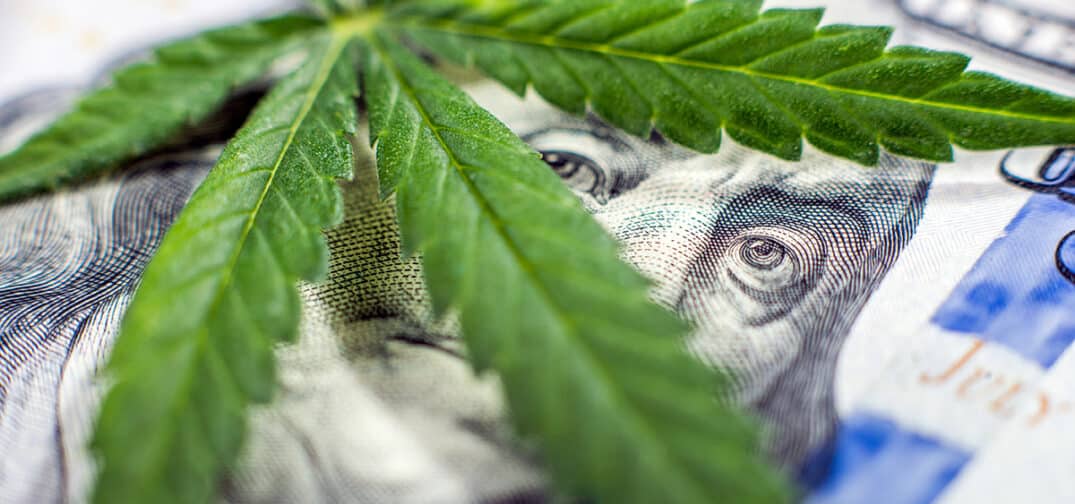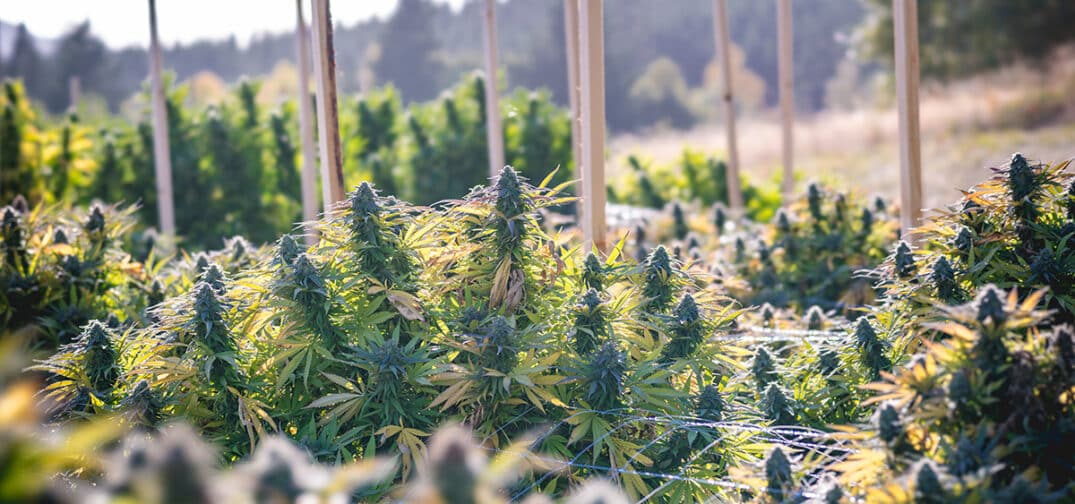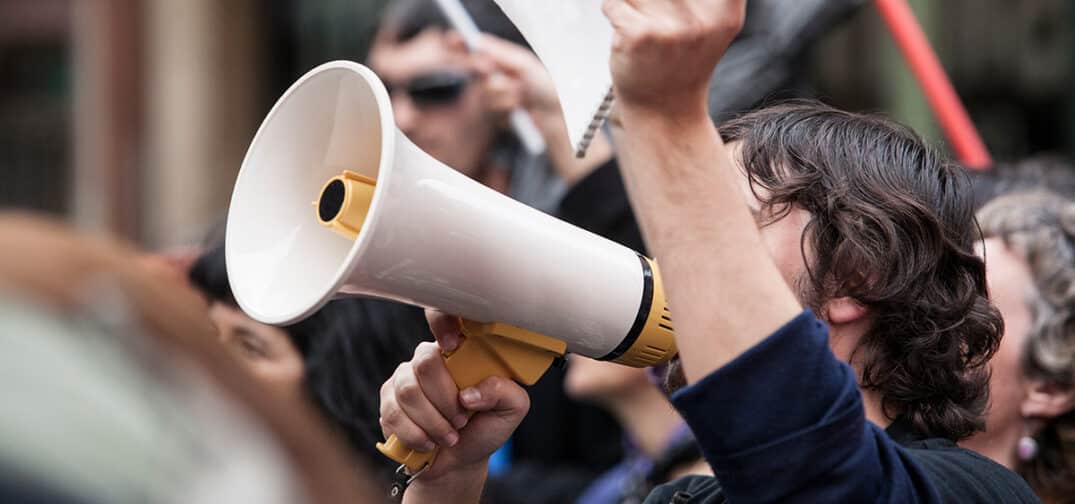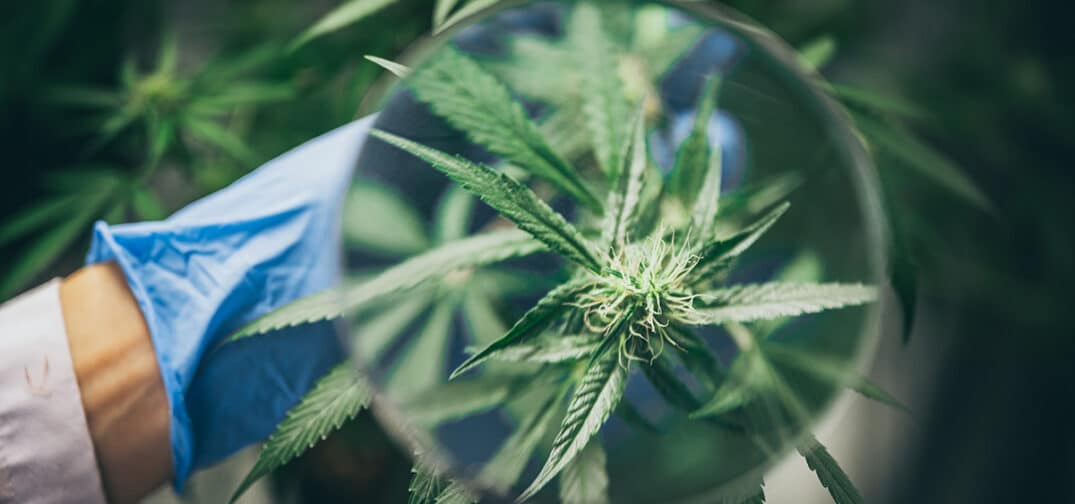Farmer Tom Lauerman, longtime advocate and cannabis educator, takes on a new role with Natura Solve, a company focused on natural solutions for agriculture and pollution control in soil and water.
VANCOUVER, WASHINGTON June 5, 2023 — Social media and the world of cannabis lit up in support for Farmer Tom Lauerman, as he made what he’s calling a ‘pivot’ into the world of biological soil and water treatments. Teaming up with Natura Solve after two years of trying their SoilMix product for himself, Farmer Tom is now looking forward to doing his part to help heal the planet and support global food and water supply, as an Environmental Ambassador.
The irony is, Natura Solve’s first step into agriculture started with cannabis. Though she’d tried, Natura Solve’s CEO Jennifer Mitchell had hit a wall with farmers when first looking to test the product. With a background in business and entrepreneurs as parents, she understood their perspective. “We’re literally asking them to bet the farm when we invite them to try our product. Their families, communities — our food supply — all are at risk. It’s a tough move, but one we’re here for with them. With fertilizer pricing and water scarcity, we know they’ll need support moving forward.”
The first product tested went into the ground pre-market, in 2014. There was a young man named Brooke Golling who, though he didn’t use cannabis, saw an opportunity with the Farm Bill. His parents were at retirement age and their small Oregon farm was struggling, so Brooke went to work. He converted one farm and gave the new soil amendment a shot. His plants, and business, grew. After adding two additional farms, Brooke was doing well in his local community and serving the globe through his work in multiple non-profits. In the town that Brooke called home before a tragic avalanche accident claimed his life, there are t-shirts with the message “Love grows with love given” as an homage to Golling, and rarely a person that’s gotten a new start around him, doesn’t name him as a critical part of their success story. Natura Solve was no different, and Golling provided a start for a small company with a big dream. Cleaning the earth and healing the planet. It was a message that coalesced Golling all those years ago, and today, with Farmer Tom and his dedication to farmers, the planet, and Her people.
“A few years ago, I received some samples of this remarkable product, and I must say, the results have been nothing short of amazing,” says Farmer Tom, “Being a farmer, I’ve always strived to enhance the growth and productivity of my plants. Since incorporating Natura Solve into my routine, I’ve witnessed a remarkable transformation. The growth of my plants has increased, giving me healthier and more robust crops. But that’s not all. The flower and fruit production has also increased. It’s a sight to behold—the abundance of colorful blossoms and the bountiful harvests have exceeded my expectations.” Coming from a Federally recognized cannabis grower, and one with access to just about any product he’d like to use, the team at Natura Solve saw an opportunity to work together to grow, and invited Farmer Tom to join the team.
“As an Environmental Ambassador, I’ll have the opportunity to use what I’ve learned to really help people. I see this move as my way of benefitting more farms, families, and the planet. To have the opportunity to promote a product that can help to save the Earth is really an honor.”
So, what is an Environmental Ambassador?
Similar to a brand ambassador, Farmer Tom’s role will be to speak up on behalf of the environment, giving a voice to the unheard plants and animals, bugs and fungi. His job will be to promote ways to get involved with the environment, to clean up after industrial waste and biological contamination, and provide solutions for a healthy ecology. Similar to his start in cannabis, Natura Solve is in a new market and the groundwork for bioaugmentation, the methodology behind Natura Solve’s SoilMix and WaterMix, needs to be laid around the globe. Tom’s no stranger to showing up for those that need help. From 2016 until 2019, he went to between forty-five and forty-nine events per year, meeting with supporters and adversaries alike. His work led to widespread change, with even the term that the Federal Government used to use for cannabis, ‘marijuana,’ changed to better reflect the health and medical implications of the plant. “We got people their medicine for fifty dollars a month if they could afford it. If not, we figured it out.” Now, the planet needs healing, and Farmer Tom is once again at the ready. Having had years of using the products he’ll now be promoting, the focus will be on leveraging his experience and the strength of the product, to increase productivity in a way that benefits the environment. “One aspect that has truly impressed me is the efficient use of resources. With Natura Solve, I’ve been able to reduce my water and nutrient consumption. It’s not only environmentally friendly but also economically beneficial, allowing me to optimize my farming practices.” After following up with the company’s owner, Jennifer Mitchell, Tom learned about the other uses and implications for the natural products he’d been using on his plants, and he started testing those applications, with similarly compelling results. “I sprayed my porta potty, which was just about full. Within about 10 days, there was almost nothing left but water!”
Natura Solve’s product uses natural and benign bacteria and fungi, held in a molasses base. Though the solution is simple to use, the impacts are manyfold. Heavy metals, chemicals, and pathogens are just three of the areas where the SoilMix and WaterMix have an impact. Nutrient runoff that produces algae is another heavy hitter, with an average of twenty-one days to clean up waterways and aquariums laden with sheets of green algae, or with toxic Cyanobacteria. As an Environmental Ambassador, Farmer Tom will help with promoting the implementation of Natura Solve’s sustainable solutions.
“We’ve got SoilMix and WaterMix already in the market, and we’ll be adding our SaltwaterMix and Kirk’s Toilet Mix (a solution designed for aerobic and anaerobic sewage conditions) this year as well. We have a list of technologies, application equipment and more that we are ready to bring to market,” says Mitchell, “and Farmer Tom is an exciting addition that I believe will help take our outcomes to a whole new level, while enabling our team to bring more sustainable solutions to the globe. Our goals are lofty, but we’ve made big impacts everywhere from St George, Utah, to Kenya and Uganda. We’re excited to have Tom on board and look forward to seeing what we can all do together.”
As for Farmer Tom, he’s excited about all of the support he’s gotten from the world of cannabis. From his first event to his last encounter, “Everyone is just really happy for me. They tell me I totally deserve it,” says Farmer Tom, “They know how dedicated I am to the Earth and this is the next step to help.” Farmer Tom has made multiple announcements on his social media accounts and will be traveling to events across multiple markets. Ranches, wastewater treatment plants, mine sites and industrial cleanup will all now become a part of his schedule. If you’d like more information, or to have Farmer Tom at your upcoming event, he can be reached at Farmer Tom at NaturaSolve.com.
